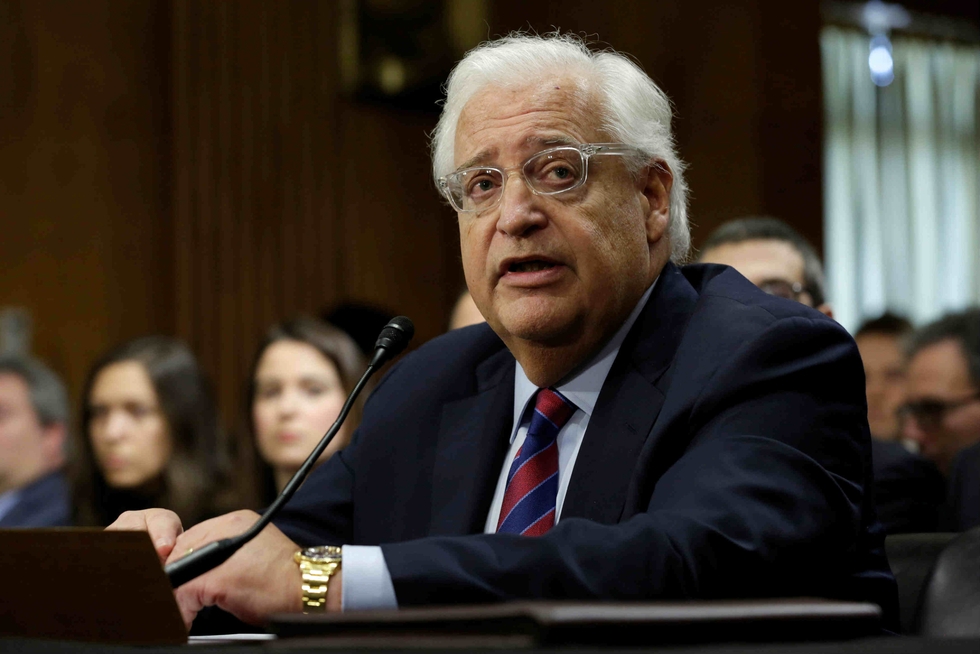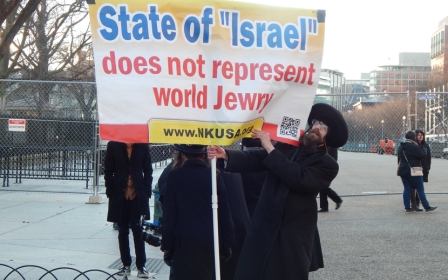David Friedman, investor in Israeli settlements, confirmed as US ambassador

David Friedman, Donald Trump’s controversial choice to be ambassador to Israel, has been confirmed.
The US senate narrowly approved the appointment on Thursday by 52 votes to 46. Most senators followed party lines: only two Democrats, Robert Menendez and Joe Manchin, backed Friedman.
Friedman previously worked for Trump as a bankruptcy lawyer and has no diplomatic experience.
In the past he has called for the US embassy to be moved from Tel Aviv to Jerusalem,; supported and financed the settler movement, and denounced progressive pro-Israel lobbyists as "worse than kapos" - a reference to Jews who served the Nazis in the death camps of World War Two.
He also described former president Barack Obama as anti-Semitic, and called Democratic Senate leader Chuck Schumer, who is Jewish, an appeaser.
Former ambassadors oppose appointment
The relocation of the embassy is seen as contentious by many US allies as both Israel and the Palestinians claim the city as their capital and has been described as potentially disastrous for Middle East peace.
At his nomination hearing in February, Friedman backtracked on some of his earlier statements. "I regret use of such language," said Friedman. "The inflammatory rhetoric during the presidential campaign is entirely over. If confirmed my language would be measured.”
The vote means that Trump will have an ambassador in place ahead of the meeting next week in Washington of the pro-Israel lobbying group AIPAC.
"Our ambassador should not be the kind of person who uses language to fuel violence, hate, instability," Democratic Senator Brian Schatz said ahead of Thursday’s vote.
In February, five former US ambassadors to Israel said Friedman was an "extremist" unqualified for the job.
New MEE newsletter: Jerusalem Dispatch
Sign up to get the latest insights and analysis on Israel-Palestine, alongside Turkey Unpacked and other MEE newsletters
Middle East Eye delivers independent and unrivalled coverage and analysis of the Middle East, North Africa and beyond. To learn more about republishing this content and the associated fees, please fill out this form. More about MEE can be found here.




